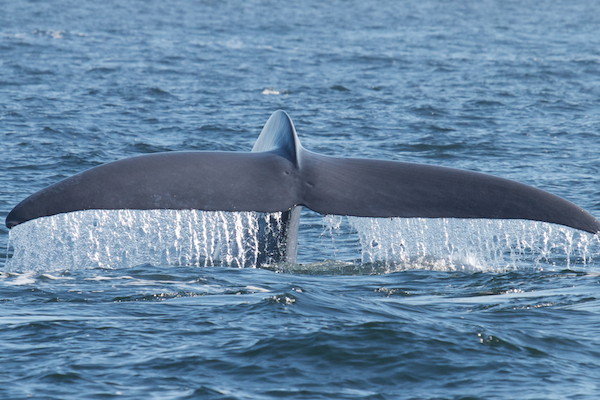Yesterday was Canada Day, but few of us felt like celebrating, after the discovery that hundreds (probably thousands) of Indigenous children lie buried in unmarked graves near the residential schools where they died. We had heard the stories told by survivors of the horrors of those government-sanctioned institutions, but this was even worse. Will this cause Canada as a whole to recognize the systemic racism that has plagued our history right up to the present, and to make an honest effort to eradicate it? Time will tell.
Time is already telling the horror story of global heating. Hundreds have died in the past week under the heat dome in Western Canada, where a town in British Columbia hit the highest temperature ever recorded in Canada, just under 50 C. (over 120 Fahrenheit). Now the same town has been almost wiped out by one of the forest fires raging in the region. Will this convince Canadians that climate change is a real emergency? Parliament has just passed Canada’s Net-Zero Climate Accountability Act (Bill C-12), which finally sets some near-term targets for curbing greenhouse gas emissions, and even includes provisions for monitoring and enforcement, so that could be seen as a turning point. But that point should have been reached decades ago, here and elsewhere, so it’s hard not to feel that this progress is too little, too late.
Meanwhile on Manitoulin Island we’ve had an unusually cool June; yesterday’s high was about 19 C. Normal weather patterns are being disrupted in all directions. Even closer to home, my blog posting has been interrupted by another writing project (for publication elsewhere). Now I’m back to revision toward a 2nd edition of Turning Signs, and have now finished (or refinished) Chapter 16. Does it contribute anything to the the global transformation I’ve been blogging about for years now? I think it does, but only for readers who can relate it to their experience, and especially to their practice of living this time, which is the subject of the chapter.
I can’t resist copying here a couple of quotes from near the end of the chapter. One is by C.S. Peirce, about the “spiritual reality” of a human:
by action, through thought, he grows an esthetic ideal, not for the behoof of his own poor noddle merely, but as the share which God permits him to have in the work of creation.
Peirce, CP 5.402n
For me at least, this “esthetic ideal” is not some static image that one aims to achieve in the future, but a way of living the time now into the future. Eihei Dogen comes as close to expressing it in words as anything I’ve come across:
A buddha’s practice is to practice in the same manner as the entire earth and all beings. If it is not practice with all beings, it is not a buddha’s practice. This being so, from the moment of arousing the aspiration for enlightenment to the moment of attaining enlightenment, all buddhas realize and practice the way together with the entire earth and all beings.
Dogen, SBGZ ‘Yuibutsu yobutsu’ (Tanahashi 2010, 880-1)
So is this moment a turning point? Yes, but not a discontinuity in what Dogen calls continuous practice. The earth and all beings continue to turn.
